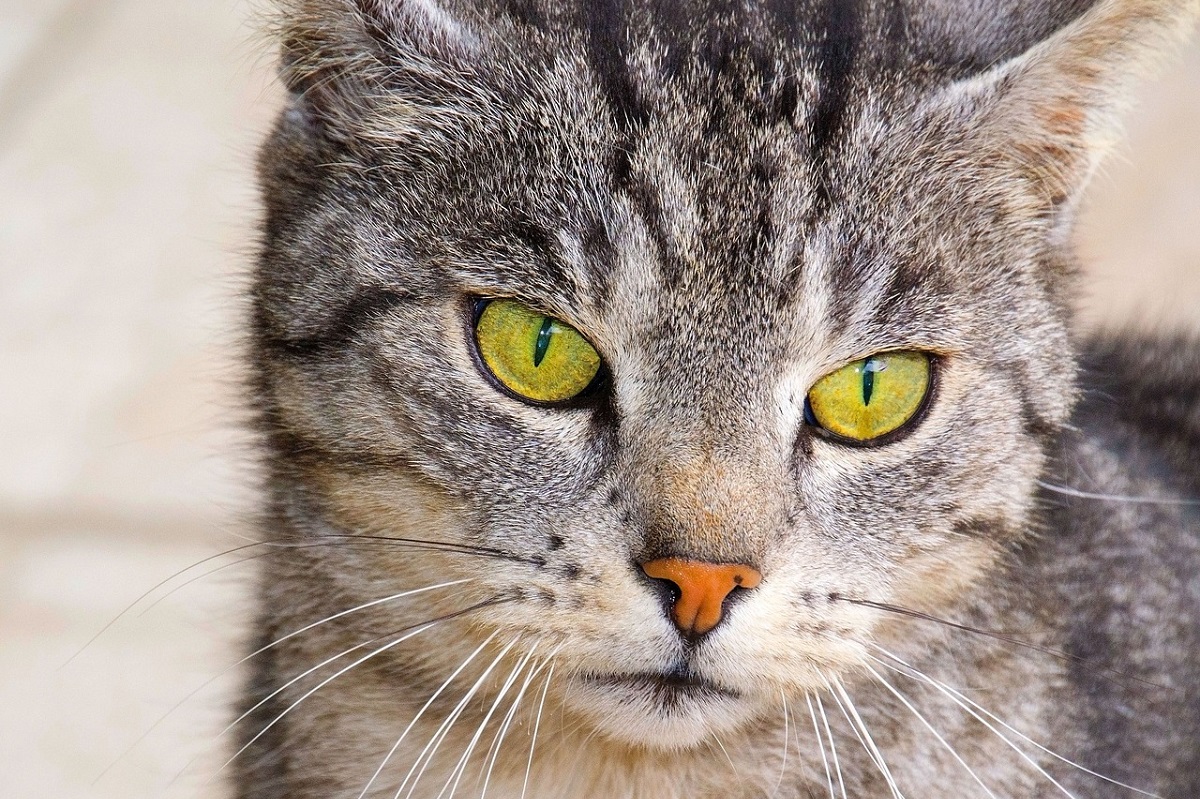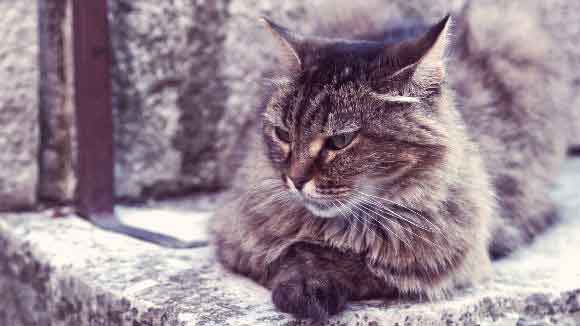The average lifespan of an ordinary cat is around 13 to 17 years. Cats are beloved pets that bring joy, companionship, and entertainment.
As responsible owners, it is essential to understand the average lifespan of our feline friends, as it allows us to provide them with the best possible care and ensure their well-being. While individual factors such as genetics, nutrition, and overall health play a role, the average lifespan of an ordinary cat ranges from 13 to 17 years.
However, some cats can live well into their twenties, while others may have shorter lives due to various factors, such as accidents or illnesses. Knowing these average lifespan ranges can help us appreciate our time with our furry companions and take the necessary steps to ensure their longevity and happiness.

Understanding The Lifespan Of Cats
Cats are beloved pets for their grace, independence, and affectionate nature. Understanding their lifespan is crucial for providing them with the care they need throughout their lives. Genetics, environment, and healthcare play a significant role in determining how long a cat can live. This article will delve into the average lifespan of cats, explore the factors that can affect their lifespan, and discuss ways to contribute to a longer and healthier life for our feline friends.
Factors Affecting Cat Lifespan
Various factors can influence the lifespan of cats. These factors include:
Average Lifespan Of A Domestic Cat
The average lifespan of a domestic cat typically ranges between 13 and 17 years. However, it’s important to note that this is just an average. Many cats live beyond this range, often reaching their early twenties and sometimes even thirties. On the other hand, some cats may have shorter lifespans due to underlying health issues or other factors.
Factors Contributing To Longer Cat Lifespan
Certain factors can contribute to a longer lifespan for cats. These factors include:
- Genetics: Like humans, genetics is crucial to a cat’s lifespan. Some breeds are predisposed to certain health conditions that can impact their longevity. For instance, Maine Coon cats are known for their sturdy build and often live longer than the average lifespan of a domestic cat.
- Diet and Nutrition: Providing cats with a well-balanced diet rich in nutrients is essential for their overall health and longevity. Feeding high-quality cat food that meets their dietary needs helps prevent specific health problems and supports their immune system.
- Exercise and Mental Stimulation: Regular and mental stimulation are vital for a cat’s well-being. Engaging in playtime and providing them with toys and scratching posts helps prevent obesity, promotes overall fitness, and keeps their minds sharp and active.
- Veterinary Care: Regular veterinary checkups, vaccinations, and preventive treatments are crucial for maintaining a cat’s health. Timely detection and treatment of any health issues can significantly prolong their lifespan.
- Environment: A safe, stress-free environment is essential for a cat’s well-being. Providing a comfortable living space, minimizing exposure to toxins, and reducing their stress levels can help promote a longer and healthier life.


Frequently Asked Questions Of What Is The Average Lifespan Of The Common Cat?
What Is The Average Lifespan Of A Common Cat?
The average lifespan of an ordinary cat is around 15 years. However, with proper care and a healthy lifestyle, some cats can live up to 20 years or more.
How Can I Increase My Cat’s Lifespan?
To increase your cat’s lifespan, provide a balanced diet, regular exercise, and annual vet checkups. Avoid exposing your cat to harmful substances, such as cigarette smoke, and keep them indoors to reduce the risk of accidents and diseases.
What Factors Can Affect A Cat’s Lifespan?
Several factors can affect a cat’s lifespan, including genetics, environment, diet, and overall health. Cats from purebred lines may have specific genetic health issues that can affect their lifespan. Environmental factors, such as access to safe outdoor spaces or exposure to hazards, can also impact lifespan.
Conclusion
To sum up, understanding the average lifespan of the typical cat is crucial for cat owners to provide the best care possible. While genetics and environment play significant roles in determining longevity, the average lifespan is 12–16 years.
However, cats may surpass this average with proper nutrition, veterinary care, and love. As responsible owners, we must ensure their well-being throughout their precious lives.

